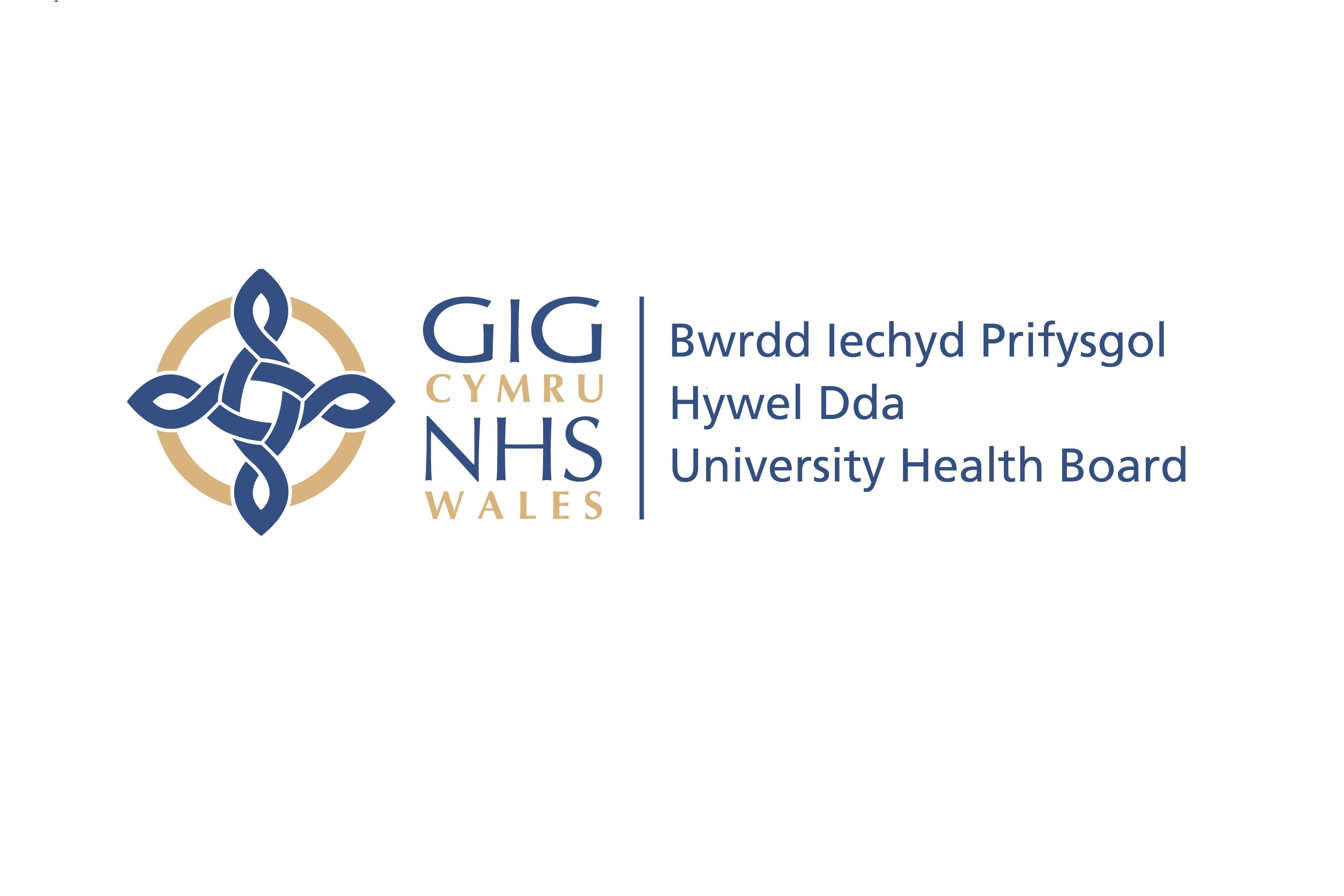Following significant investment in delivering a medical device replacement programme, Hywel Dda University Health Board sought to identify and assess the benefits of implementing new and replacement medical devices.

Rapid access to clinically and economically sound healthcare solutions is necessary for patients, their loved ones, and clinical teams. Technological medical devices play an integral role in supporting the health of the nation and allow for health boards like Hywel Dda University Health Board (HDdUHB), which primarily serves older and more rural populations than its counterparts, to provide healthcare that is effective, more flexible, responsive, and transparent to meet the needs of the health and care system for mid and West Wales.
Following significant investment in delivering a medical device replacement programme, the health board sought to identify and assess the benefits of implementing new and replacement medical devices across the region while highlighting the value that the programme brings to the economy of the health board.
The Healthcare Technology Centre (HTC) were commissioned by HDdUHB to conduct an objective evaluation of the impact of new and replaced medical devices implemented across the region through means of quantitative and qualitative enquiry.
To complete the evaluation, the team analysed trends and patterns of quantitative data and synthesised it into a meaningful summary. Individual interview discussions were also conducted with 18 members of staff who worked closely with medical devices across various departments to gain insights on the benefits and challenges of implementing new and replacement medical devices and equipment in practice.
The findings captured the value associated with standardisation processes regarding the maintenance and replacement of medical devices and technologies, while stakeholder insights emphasised improved efficiency of service delivery and benefits posed to the end service user.
Opportunities to further optimise the benefits of implementing new technologies were detailed, with key recommendations being fed back to the Clinical (Science) Director and Medical Devices Coordinator within HDdUHB. The outcome of this evidence-based review intends to inform the management of new and replacement medical devices going forwards.
For more information visit: www.hduhb.nhs.wales
This project is part of the Accelerate programme which is part-funded by the European Regional Development fund, through Welsh Government.

